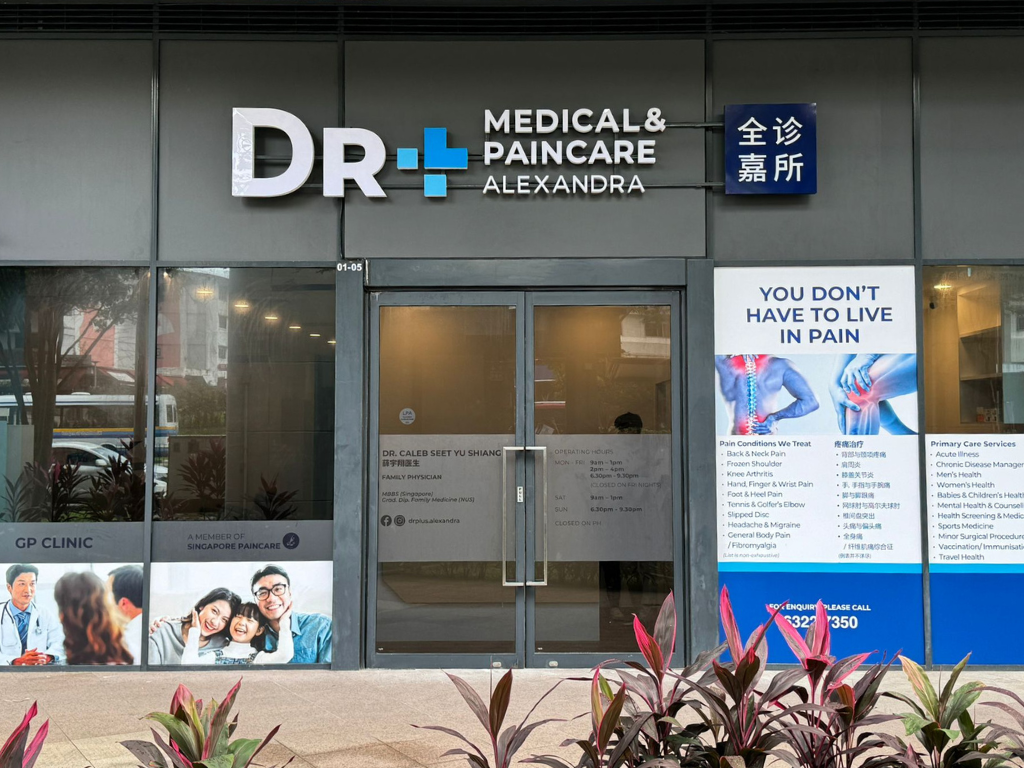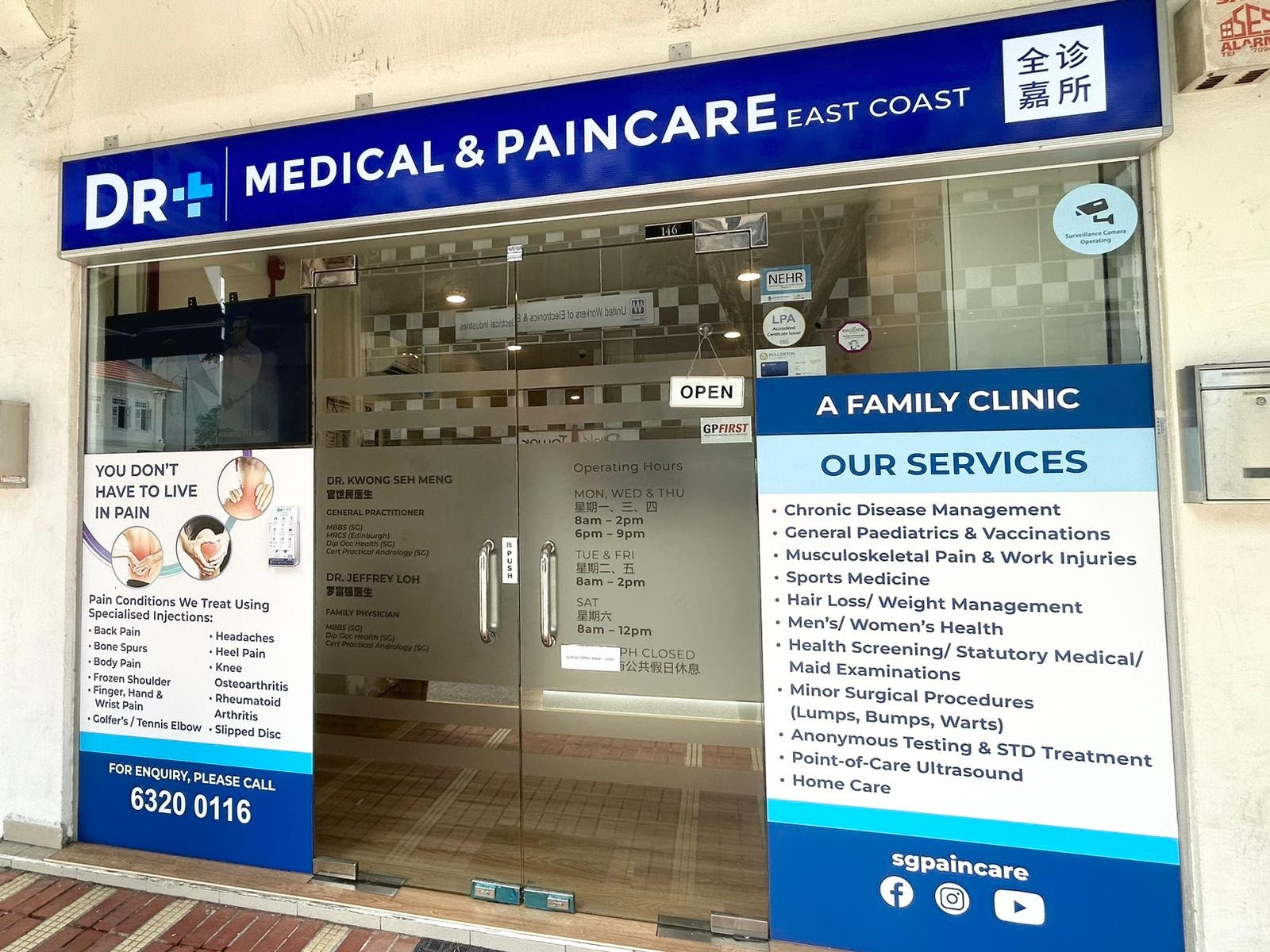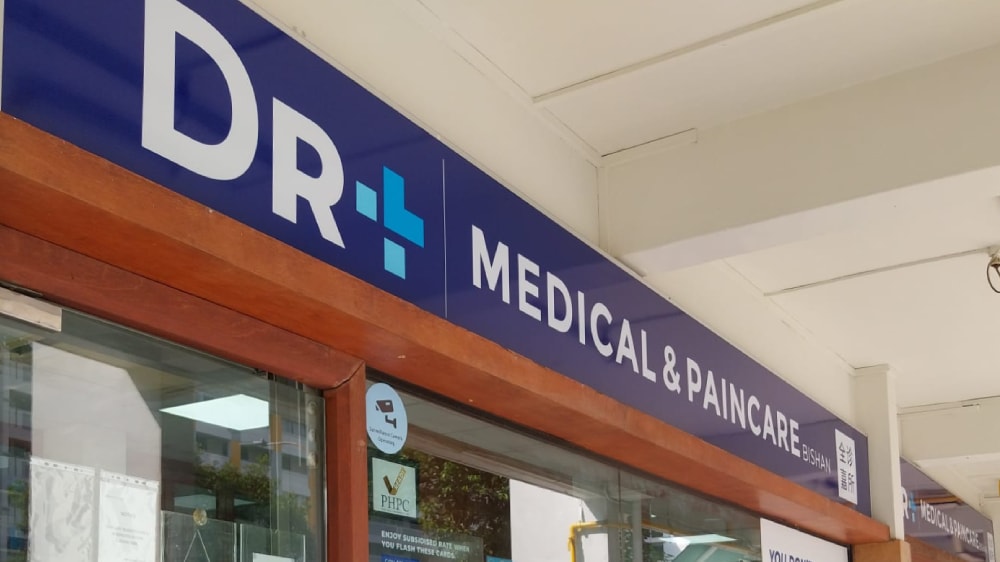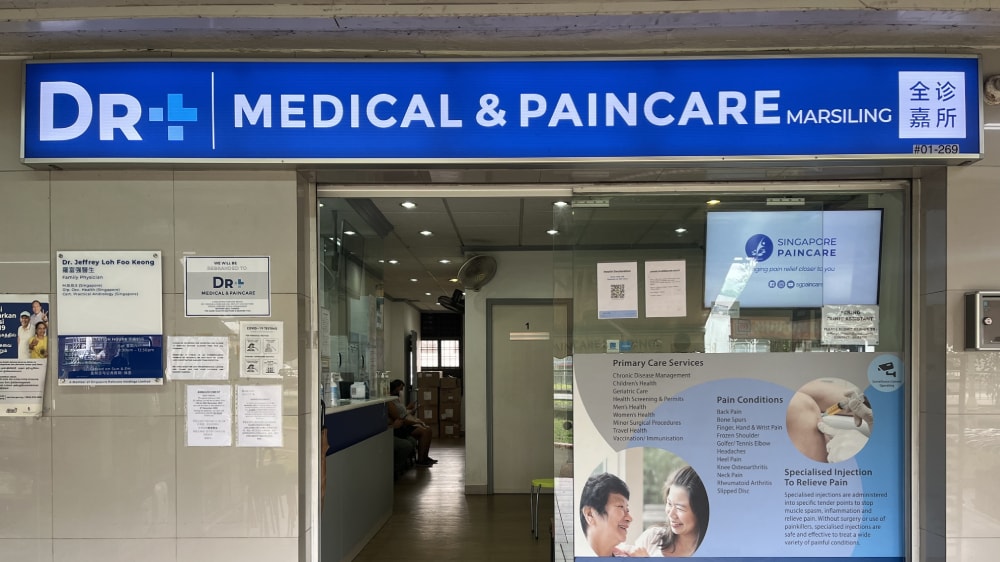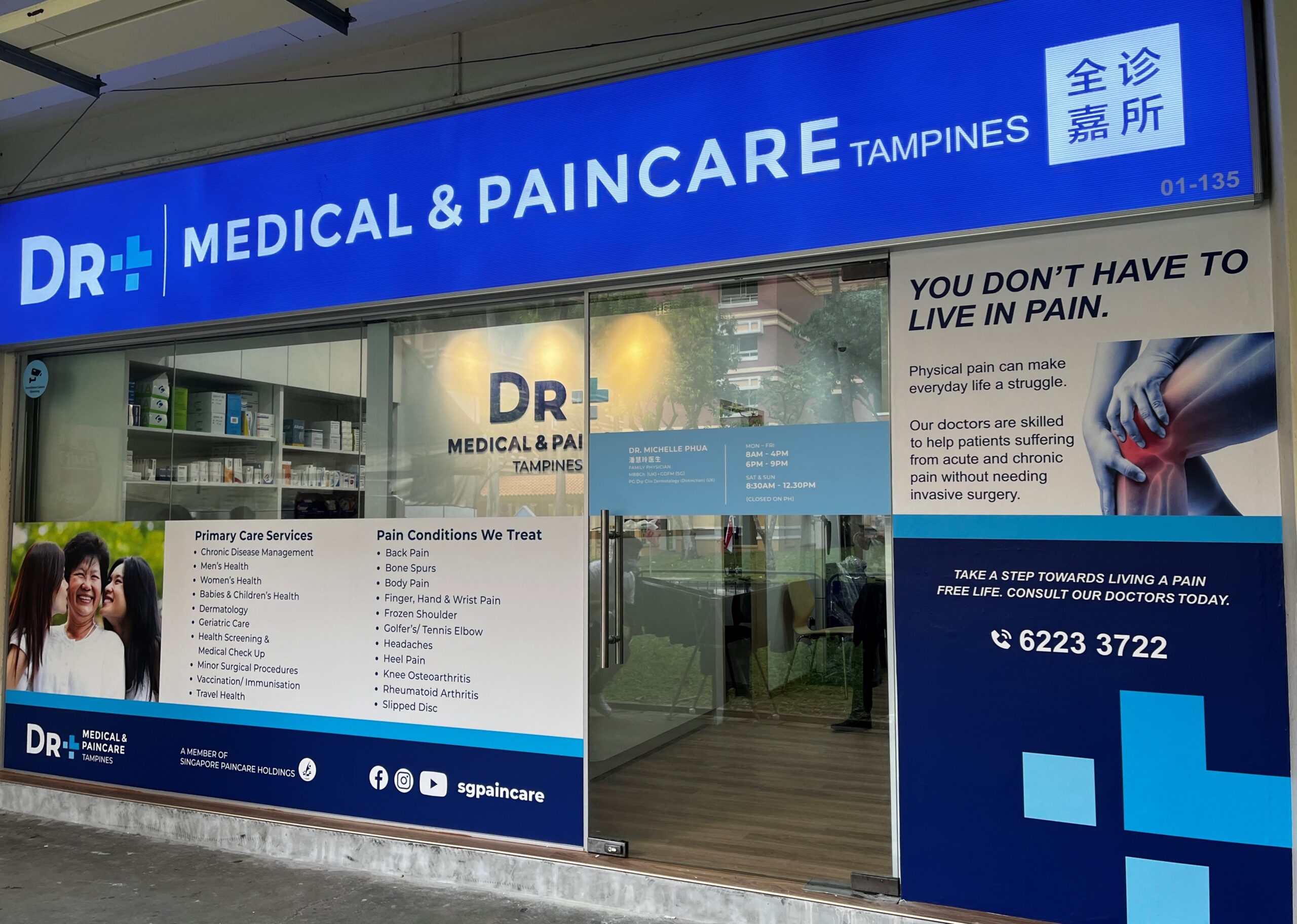Dermatology Services

Dermatology Services
Dermatology, a specialised branch of medicine, focuses on the diagnosis, treatment, and prevention of skin, hair, and nail disorders. The skin, being the largest organ of the body, is important in protecting against external pathogens and regulating temperature. Ensuring its health is paramount not only for aesthetic reasons but also for overall well-being.
Our Services
General Dermatology:
The field of general dermatology addresses a broad spectrum of skin conditions. Here’s a deeper look into the services we offer:
Acne:
Acne is a common skin condition that arises when hair follicles become clogged with oil and dead skin cells. It can manifest as whiteheads, blackheads, pimples, or cysts. While commonly associated with teenagers, acne can affect individuals of all ages. Treatment options range from topical creams to oral medications and advanced therapies like laser treatments.
Atopic Dermatitis:
Also known as eczema, atopic dermatitis is a chronic skin condition characterized by red, itchy patches. It’s often linked to allergies and can be triggered by various factors, including irritants, stress, and weather changes. Management involves moisturising the skin, avoiding triggers, and using prescribed medications.
Eczema:
Eczema refers to a group of conditions that cause inflammation and irritation of the skin. Symptoms include dryness, itching, and redness. While the exact cause is unknown, it’s believed to be a combination of genetic and environmental factors. Treatment focuses on relieving symptoms and preventing flare-ups.
Scar Management:
Scars result from the body’s natural healing process after an injury. Depending on the severity and type of injury, scars can vary in appearance. Scar management aims to reduce the visibility of scars using treatments like silicone gels, laser therapy, and surgical revision.
Hair Loss:
Hair loss can be due to various reasons, including genetics, hormonal changes, medical conditions, and medications. Treatment options include topical solutions, oral medications, hair transplant surgeries, and laser therapy.
Pigmentation:
Skin pigmentation disorders result in the skin appearing lighter or darker than usual. Causes include sun exposure, hormonal changes, and certain medical conditions. Treatments include lightening creams, chemical peels, and laser therapy.
Psoriasis:
Psoriasis is an autoimmune condition that accelerates the life cycle of skin cells, leading to the formation of scales and red patches. While there’s no cure, treatments can manage symptoms. These include topical treatments, light therapy, and oral or injected medications.
Viral and Bacterial Skin Infection:
These infections can range from mild conditions like warts to more severe infections like cellulitis. Treatment depends on the type and severity of the infection and may include antiviral or antibiotic medications.
Benign and Malignant Growths of the Skin:
Skin growths can be non-cancerous (benign) or cancerous (malignant). Regular skin checks help in early detection and treatment. Depending on the diagnosis, treatments can range from simple excisions to more complex surgical procedures and therapies.
Struggling With Skin Problems?
Start your journey to healthier skin with DR+ today.
Frequently Asked Questions
How long does it typically take to see results from treatments for atopic dermatitis?
The response time can vary depending on the severity of the condition and the treatment method. Some patients may see improvements within weeks, while others might take longer. It is essential to have regular follow-up appointments with your doctor to track and assess progress.
Are there any natural remedies recommended for managing eczema symptoms?
While medical treatments are often necessary for eczema, some natural remedies, such as oatmeal baths or coconut oil, may provide relief from symptoms. Consult a doctor before trying any alternative treatments.
Is it safe to use over-the-counter creams for pigmentation issues?
While some OTC creams can be effective, choose products wisely and be aware of potential side effects. Always consult with a doctor before starting any new skincare regimen.
How can I differentiate between benign and malignant skin growths at home?
While certain signs, like asymmetry or irregular borders, can be indicative of malignant growths, have any new or changing growths evaluated by a doctor for an accurate diagnosis.
Our Clinics
- Mon, Tue & Thu: 9am to 1pm, 2pm to 4pm, 6:30pm to 9:30pm
- Wed & Fri: 9am to 1pm, 2pm to 4pm
- Sat: 9am to 1pm
- Closed on Sun & PH
-
(Kindly note that clinic’s last registration is 15mins before closing time.)
#01-54 The Midtown, Singapore 533971
- Mon to Fri: 8:00am – 12:00pm, 1:00pm – 3:00pm, 6:00pm – 9:00pm
- Sat: 8:00am – 12:00pm
- Sun & PH: Closed
Singapore 640221
- Mon – Thu: 8:00am – 4:00pm, 6:00pm – 8:00pm
- Fri: 8:00am – 4:00pm
- Sat & Sun: 8:00am – 1:00pm
- PH: Closed
-
(Kindly note that clinic’s last registration is 15mins before closing time.)
- Mon, Wed, Thu: 8:00am – 2:00pm, 6:00pm – 9:00pm
- Tue & Fri: 8:00am – 2:00pm
- Sat: 8:00am – 12:00pm
- Sun: 10:00am – 1:00pm
- PH: Closed
988 Upper Serangoon Rd, Singapore 534733
- Mon to Fri: 8:30am – 2:30pm, 6:00pm – 10:00pm
- Sat & Sun: 8:30am – 12:30pm
- PH: Closed
-
(Kindly note that clinic’s last registration is 15mins before closing time.)
#01-95, Singapore 570121
- Mon to Fri: 8:00am – 5:00pm, 6:00pm – 9:00pm
- Sat & Sun: 8:00am – 1:00pm
- PH: Closed
-
(Kindly note that clinic’s last registration is 15mins before closing time but may close earlier if the queue is unusually long.)
Thomson Imperial Court, Singapore 574424
- Mon to Wed: 8:30am – 10:00pm
- Thu: 8:30am – 3:00pm, 6:00pm-9:30pm
- Fri: 8:30am – 6:00pm
- Sat & Sun: 9:00am – 3:00pm
- PH: Closed
-
(Kindly note that clinic’s last registration is 15mins before closing time.)
Singapore 730018
- Mon: 8:00am – 9:00pm
- Tue – Fri: 8:00am – 4:30pm, 7:00pm – 9:00pm
- Sat: 8:00am – 12:30pm
- Sun & PH: Closed
-
Kindly note that clinic’s last registration is 15mins before closing time.
-
(Last registration timing – Mon: 8:45pm, Tue – Fri: 4:15pm & 8:45pm, Sat: 12:15pm)
Singapore 520844
- Mon, Wed, Thu: 8:00am – 4:00pm, 6:00pm – 9:00pm
- Tue, Fri: 8:00am – 4:00pm
- Sat: 8:30am – 12:30pm
- Sun & PH: Closed
-
-
(Our clinic is open during lunch hours)
- Mon, Wed & Fri: 8:30am – 12:30pm, 1:30pm – 4:30pm, 6:00pm – 9:00pm
- Tue & Thu: 8:30am – 12:30pm, 1:30pm – 4:30pm
- Sat: 8:30am – 12:30pm
- Closed on Sun & PH
-
(Kindly note that clinic’s last registration is 15mins before closing time.)
Need Advice On Your Condition?
Please fill out the form and we will be in touch with you shortly.

